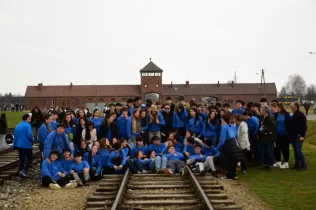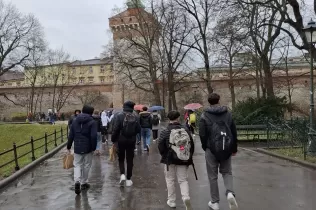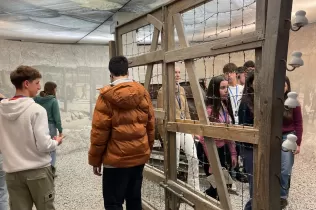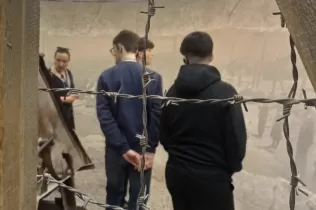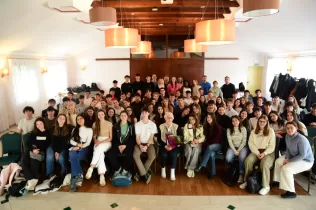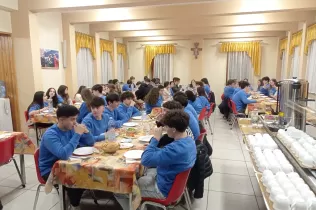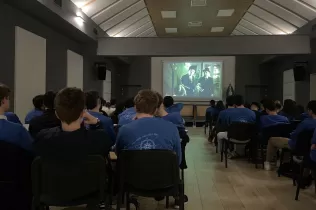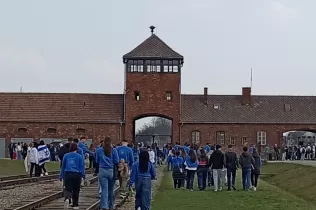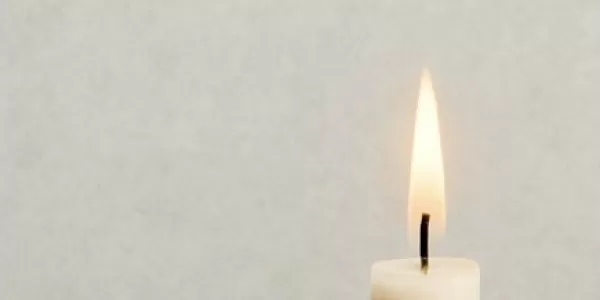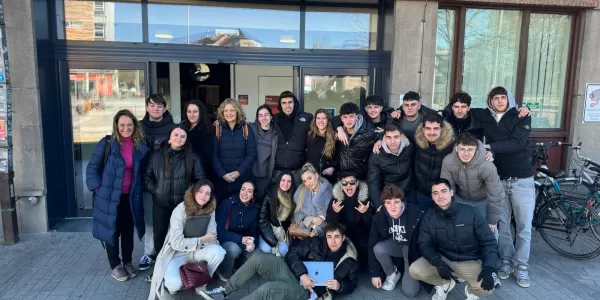March
28th,
2025
80 years since the liberation of Auschwitz
We have once again gone to Auschwitz with our Year 1 Upper Secondary students.
For the last few years we have been offering the Auschwitz Experience as a Pastoral proposal of Jesuïtes Educació to Year 1 Upper Secondary students.
This year, 24 students from the first year of Upper Secondary took part in this experience, accompanied by a tutor from the school together with other students from Jesuïtes Educació schools.
Image
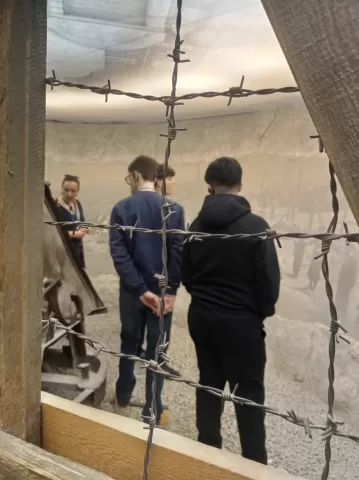
The Jesuit schools in Catalonia have once again gone to Auschwitz with our Year 1 Upper Secondary students. This moving and transformational experience is part of our educational commitment to historical memory, human rights and building a fairer and more supportive world. Supporting the young people on this journey helps them to grasp the consequences of hatred and intolerance and reaffirm their commitment to peace, dignity and justice.
As schools, we take up the challenge of learning from history and remembering the gravity of some of the most recent events in European history. There are fewer and fewer living witnesses who can talk about what happened in Auschwitz. However, we are convinced that visiting the sites of the Holocaust can help to raise the awareness of the new generations.
Our goal is to foster remembrance of these places while conveying their profound meaning and revealing the reality of the evil human beings can engender when certain conditions are met. In the age of social media when hate speech often thrives under the cover of anonymity, it is essential to also adapt our educational approach.
Algorithms amplify denialism and hatred of difference, which means that the struggle against the distortion of history and the dehumanisation of the other cannot be left out of our educational and pastoral approach. As Pope Francis reminded us during his visit to Auschwitz: “The extermination of millions of Jewish people and people of other faiths must neither be forgotten nor denied. There can be no fraternity without first dispelling the roots of hatred and violence that fuelled the horror of the Holocaust.”
This personal experience asks students how to place themselves in the world by asking the question "On whose behalf do I want to live?"
